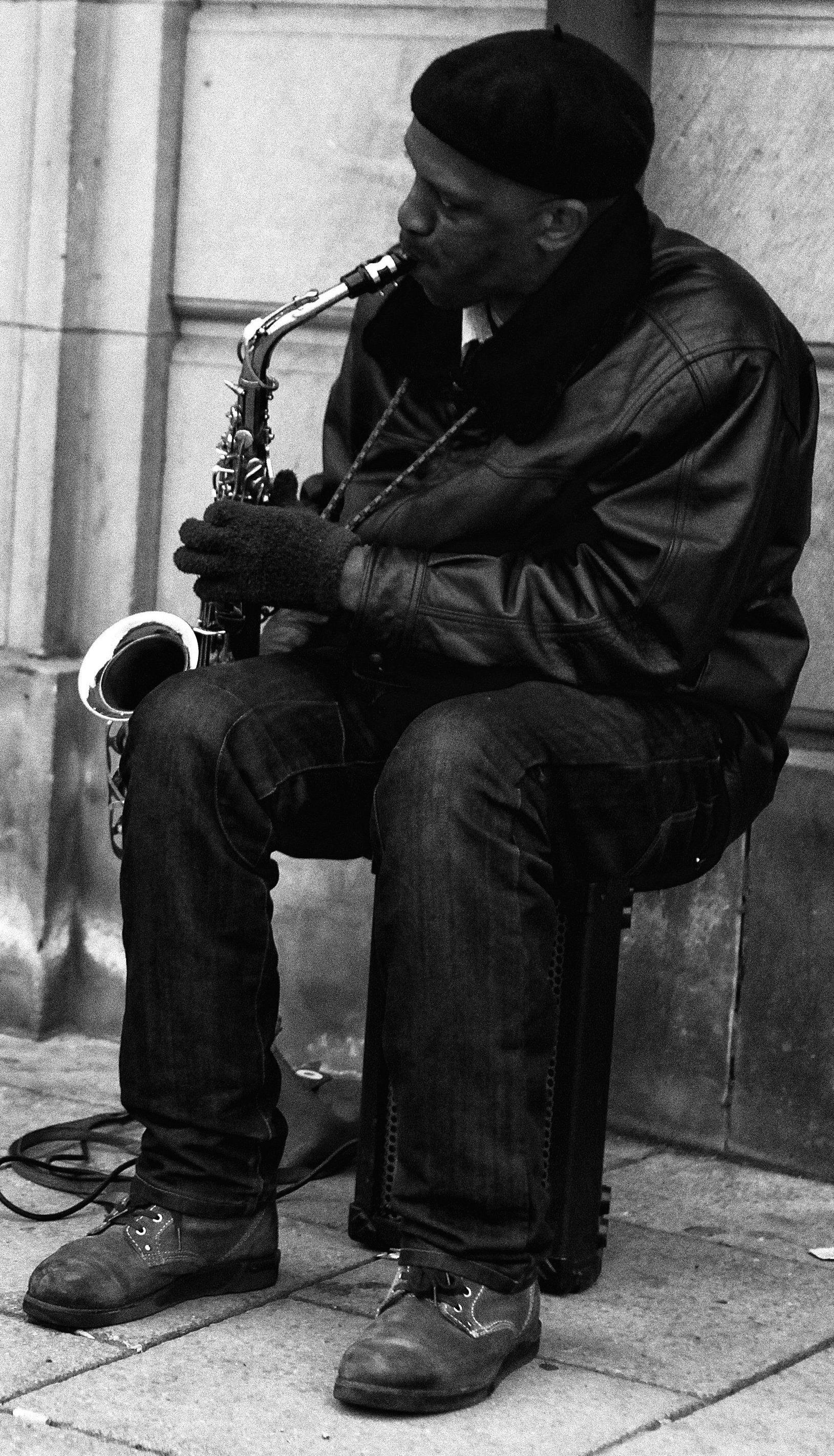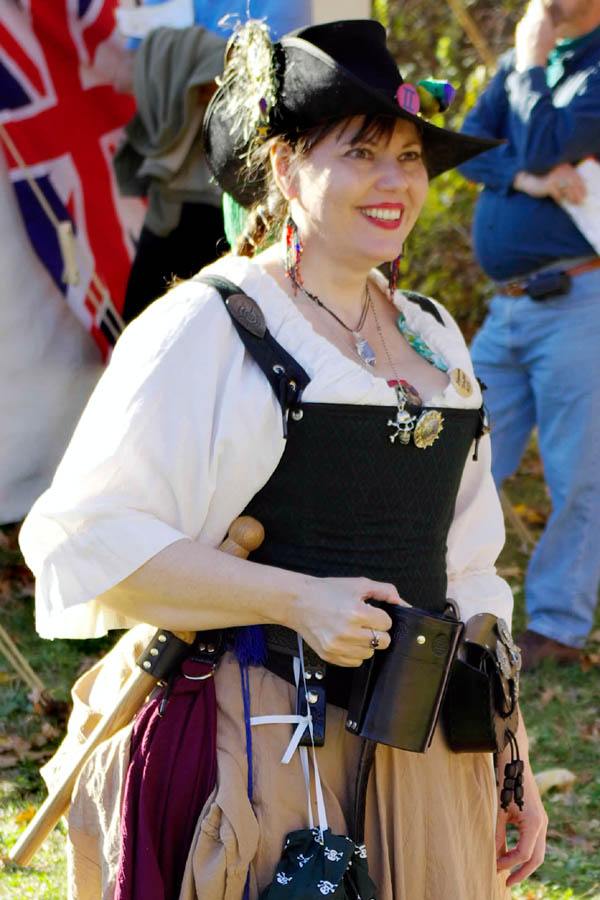ISE has been responsible for organising the annual international RESER conference in Copenhagen on September 10-12 2015.
Continue reading ISE organizes the RESER conference in Copenhagen
ISE has been responsible for organising the annual international RESER conference in Copenhagen on September 10-12 2015.
Continue reading ISE organizes the RESER conference in Copenhagen
The NICE (New Innovative Customer Experiences) project presented its results at Bremen Theatre in Copenhagen on June 2nd, 2015. A big audience participated.
More than 450 representatives from tourism organisations, businesses, educational and research institutes participated in the conference which was held in a theatre in Copenhagen.
Feel the NICE atmosphere of the conference in the clip below:
Scandinavian Journal of Hospitality and Tourism
Call for paper abstracts – Special Issue on the Dynamics of Networks, Networking and Innovation in the Tourism industry
Guest edited by Professor Lars Fuglsang (RUC), Professor Håvard Ness (HBV), and Associate Professor Dorthe Eide (UiN).
Networks in the tourism industry, and networking between tourism actors, have in recent years seen an increase in scholarly interest (Baggio et al., 2010; Haugland et al., 2011). Networks can have varied characteristics in terms of structural properties (such as density, clustering, or centrality of individual actors) and relational properties (such as expected duration, degree of formalization, relational governance, and tie strength). Network relationships are important in the co‐producing/co‐creating tourism context, and involve strategic alliances, distribution channels and supply chains, as well as local destination networks and regional clusters. Networks have been studied as egocentric, as well as at more aggregate levels.
Dorthe Eide, associate professor at The Business School at University of Nordland (Norway), is visiting ISE in April and May 2015. Dorthe Eide’s research field is innovation in tourism, and she has cooperated with Jon Sondbo and Lars Fuglsang for several years.

Eigtveds Pakhus, Copenhagen. September 10-12, 2015.
Service development and innovation for prosperity and human well-being in the 21st century.
The importance of knowledge intensive services for growth, economic development as well as human well-being is widely recognised. Also manual services continue to constitute an important aspect of modern societies, for example in the case of many public welfare systems services, tourism and certain facilities management services. Both manual and knowledge intensive services continuously develop and innovate to introduce new or improved service products, increase productivity and improve quality for customers as well as the public’s well-being. Development and innovativeness of knowledge intensive and manual services are crucial for meeting society’s present problems of employment, sustainability, work integration, ageing and climate change as well as wider economic challenges. The RESER2015 conference will therefore focus on development and innovation in the different service sectors and their impact on prosperity and human well-being considering the present public and market economic challenges.
Continue reading RESER 2015 – Innovative Services in the 21st Century

“human interaction such as jazz improvisation takes place not primarily in order to survive but rather out of a creative expression of identity.” (Ralph Stacey, Ilya Prigogine and Isabelle Stengers in Jens Skou Olsen (2015)).
The meaning of this quote is part of a chapter on truth in jazz improvisation by Jens Skou Olsen of the ISE institute, which will feature in a Cambridge anthology “The Experience of Truth” coming out this spring. To explain the meaning of this quote in a short blog post is difficult because it is an abstract concept to talk about. However, we can look at the basic interpretation that this type of human interaction goes beyond survival and goes beyond things practical and concrete.
Continue reading The experience of truth in jazz improvisation

This is a new study by Flemming Sørensen and Jens Friis Jensen from the Innovation institute at Roskilde University. Focussing on how the usual encounters with service staff are limited in terms of value creation and knowledge development. The study explores destination-based companies such as attractions, hotels and restaurants, where service staff have direct contact with tourists. Specifically, the study uses an innovation field experiment in a retro design boutique hotel in Copenhagen.
The argument revolves around the standardised and rigid oneway service deliveries, that dominate hotels, attractions and restaurants. They are not experience oriented. This is a paradox because the tourism sector and specifically hotels, attraction and restaurants is experience intensive where customers often seek out and pay for the experiences above everything else. By changing the character of these encounters from service to experience encounters, the value of these encounters will rise and it will increase knowledge creation.
Continue reading Personalised experience instead of standardised service

Music is an art form, which relies heavily on improvisation and trying new things, in order to find the sound that you need. There isn’t a specific recipe for writing music and songs, and you can’t create new music by simply following a few predetermined steps. As a musician you have to think in the moment and feel the situation, you have to try new things which will unavoidably fail, but at some point the sound you need is there and everything else falls into place.
In a recent article, Jens Skou Olsen from the Innovation institute at Roskilde University explores how improvisation in music, can inspire a new approach to using systematic feedback in an organization. Systematic feedback is a commonly used tool in organizations, which can help sustain an exchange regarding the quality and performance of work, it can help effectively control the development of employees and continuously improve the quality of their work.
Continue reading When feedback is counterproductive, and music is the answer
The network goes by the name INVIO. INVIO is a Danish name that stands for, Innovation Network for Experience Economy (Danish: Innovationsnetværk for Oplevelsesøkonomi). It’s a collaboration between Roskilde University, The Technological Institute, Aalborg University and CKO The Center for Culture and Experience Economy.
INVIO is a network for knowledge sharing concerning the experience economy. It’s an opportunity for Danish businesses to have access to innovation resources, and it provides access to the latest knowledge about the experience economy.
Through INVIO’s website http://invio-net.dk/ businesses can have access to innovation topics, a knowledge bank and information about innovation events.
Below you can find an introduction in Danish by Flemming Sørensen from the ISE institute at Roskilde University:
Continue reading Danish Innovation Network INVIO enters a new faze